 One of the questions asked when marketing a small business is whether your business is B2B or if it is B2C (business to business or business to consumer). While this is a factor that affects a good marketing strategy, the real answer should be B2H: Business to Human.
One of the questions asked when marketing a small business is whether your business is B2B or if it is B2C (business to business or business to consumer). While this is a factor that affects a good marketing strategy, the real answer should be B2H: Business to Human.
A great marketing strategy that works realizes first and foremost that you are trying to reach people. They aren’t just numbers or deals or sales. They are real people with needs and they are looking for real answers.
Using an inbound marketing strategy allows you to keep people as your focus and when you do this, you will attract visitors to your website.
But how to attract the right website visitors? How does inbound marketing do this?
1. Understand the people you are trying to reach.
For your specific business and your specific industry, who is your ideal client? And it can’t be "anyone with money." You need to understand who you want to reach and what their needs are so you can market to them better.
To do this we use buyer personas. Buyer personas are “semi-fictional representations of your ideal customer based on read data and some select educated speculation about customer demographics, behavior patterns, motivations and goals.” HubSpot
Buyer Personas are not specific real people, target markets, or job title or role. Just because someone is an accountant doesn’t mean they fit your buyer persona. The persona dives deeper into their motivations and demographics so that your marketing materials can better speak to their needs.
When you understand your buyer persona you have a much more focused direction for choosing keywords, writing blogs, and reaching out on social media and implementing your inbound marketing plan.
2. Make your website as fully functional and effective as possible.
You probably hear a lot about optimizing your website. I know I get multiple emails a day telling me company X can help get us #1 ranking on Google. So what’s that all about?
Many times the word optimization refers to SEO or search engine optimization. This is needed and valuable, but keep in mind that your website needs to be optimized for people and not only for Google bots.
In using an inbound marketing strategy it is really important to consider the idea of website optimization. It is not just ranking at the top of the search results page. That’s a small part of it. The bigger part is the overall visitor experience and functionality. This plays a big role in how well your website converts visitors to leads and closes those leads into customers. It also helps in delighting your customers as they come back. All of these pieces go into website optimization.
Remember to keep the searcher and the search engine in mind. Searchers are the real people who are ultimately going to buy your products. The quality of your site will influence whether or not they take an action on your site. Whether they learn something or do something like buy or watch a video.
Continue to ask yourself, “What is the intent of my website visitor?” This will help you continue to optimize your site to meet the needs of real people, and the Google bots will be happy too.
Search engines are the bridge that connects the searcher with your website. Search engines have the huge job of figuring out what a searcher is asking for, searching all the +650 million web pages to find the best content to fit the searchers query. The search engines do this by knowing what content is out there, searching through the indexed content, and delivering the content quickly to the searcher and all this happens in 1/8th of a second. (That’s fast!)
3. Offer content that answers their questions and meets their needs.
Blog! Write a collection of articles that provide helpful, valuable, relevant content. This provides a way to attract website visitors, allows you to educate them with great content written to meet their needs and answer their questions. Blogging for your small business also helps you be seen as an expert in your field. Visitors will see you providing content and trust will be built.
A bonus for website optimization is that each blog page adds an indexed page to your website. When you “optimize” each post, it adds more content for the search engines to find- making your website viewed as an expert and will boost your ranking in the search results page. Bonus points!
Once you have established your buyer personas, optimized your website and provide content that speaks to your visitors’ needs you are ready to promote your content and start attracting visitors.
See, it isn’t has hard as it sounds!
If you are interested in implementing an inbound marketing strategy for your small business and want to really start using your website to attract visitors, generate leads and close more customers, we would love to help! Contact us at Half a Bubble Out. We’re a Passion & Provision company that offers marketing and business consulting and we are in the business of helping small businesses be successful!
Related Articles:
Marketing is Shifting: Is your Business Keeping Up?
How Can Inbound Marketing Help You Reach More Leads Online?
5 Ways Inbound Marketing Attracts People Online to Your Small Business




